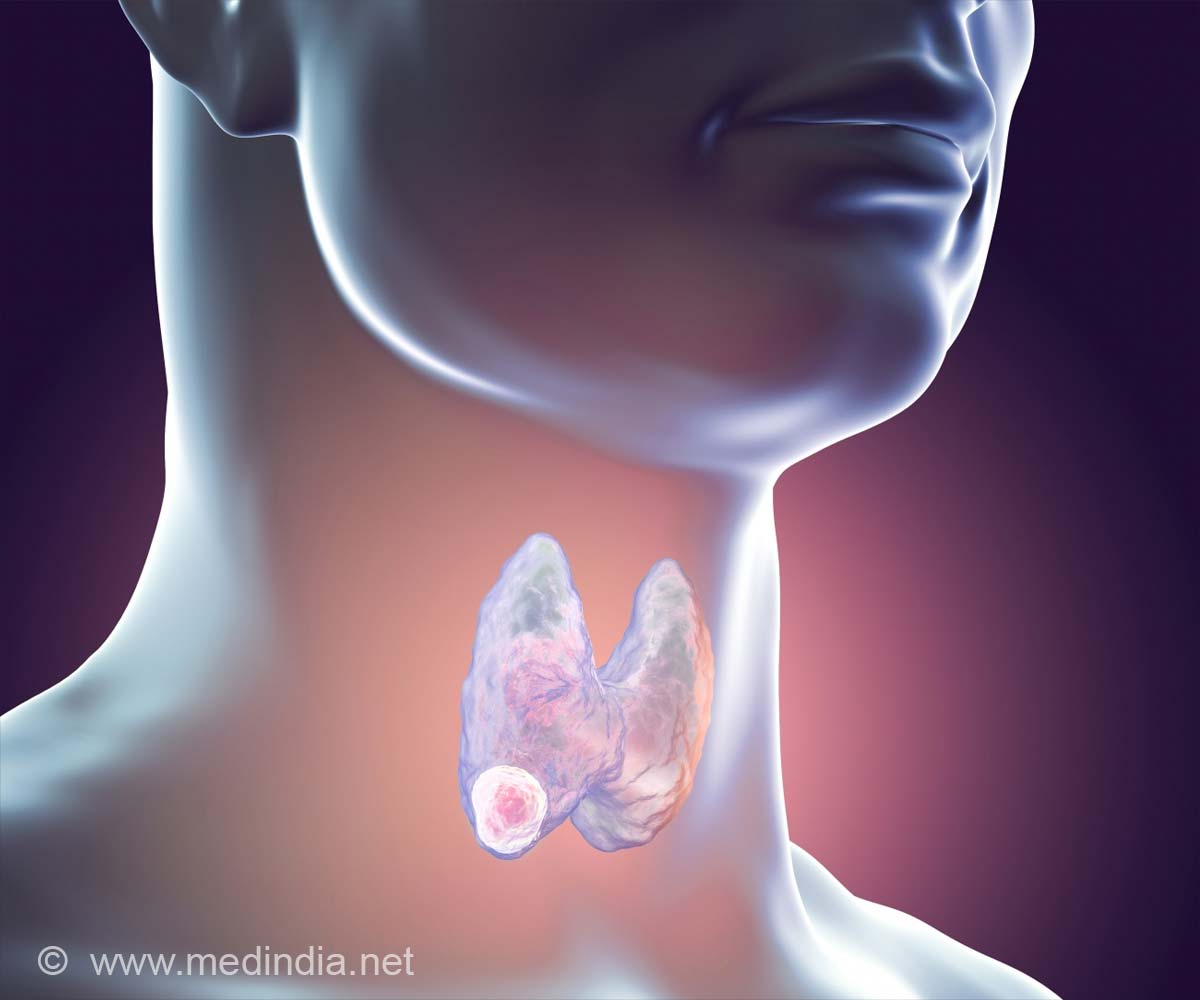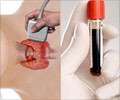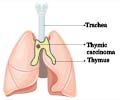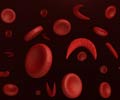Hashimoto’s Thyroiditis is an autoimmune condition that damages the thyroid, causing hypothyroidism, which can be treated with medication and regular monitoring.

- Hashimoto's Thyroiditis is an autoimmune disorder that damages the thyroid, causing hypothyroidism
- Diagnosis involves physical exams, blood tests, and sometimes an ultrasound of the thyroid
- Levothyroxine is prescribed for treatment, with regular blood tests to adjust dosage and monitor thyroid levels
Hashimoto's Disease
Go to source). Bollywood star Arjun Kapoor recently shared in an interview that he has been diagnosed with Hashimoto’s Thyroiditis, which is the reason behind his weight gain.
Over 20% of women who experience postpartum #thyroid problems may develop Hashimoto’s Thyroiditis. #hypothyroidism #medindia’
What Causes Hashimoto’s Thyroiditis?
The thyroid is a small, butterfly-shaped gland located at the front of the neck and under the skin. It is an important endocrine gland that releases hormones to regulate the metabolism.The immune system makes antibodies that destroy the normal thyroid cells. This is called anti-body mediated immune action. A large number of white blood cells build up in the thyroid and get damaged due to inflammation. Due to this, the thyroid cannot make enough hormones leading to hypothyroidism (underactive thyroid).
It is one of the common causes of hypothyroidism while the most common cause is a deficient dietary intake of iodine. A person is more likely to develop Hashimoto’s Thyroiditis if they have other autoimmune disorders like celiac disease, lupus, rheumatoid arthritis,
Symptoms and Risks of Hashimoto’s Thyroiditis
Hashimoto’s Thyroiditis does not show any early symptoms and it develops slowly over many years. This eventually causes hypothyroidism. The symptoms of hypothyroidism include enlargement of the thyroid gland, fatigue, weight gain, depression, dry skin, constipation, reduced exercise tolerance, increased sensitivity to cold, and irregular menstrual cycle.Untreated hypothyroidism can lead to severe health problems like high cholesterol, heart disease and heart failure, high blood pressure, and myxedema. It may also cause problems during pregnancy.
Sometimes pregnancy can trigger thyroid problems after having a baby, which gets back to normal. However, above 20% of these women can develop Hashimoto’s Thyroiditis in the future. Too much iodine and some drugs can lead to the onset of thyroid disease in people susceptible to it. Exposure to toxins like nuclear radiation can cause Hashimoto’s disease.
It is still under research that why some people develop Hashimoto’s Thyroiditis. However, having a family history of thyroid disease can be a common cause and other factors include genes and viruses like hepatitis C.
How Hashimoto’s Thyroiditis Is Diagnosed
Diagnosis for Hashimoto’s Thyroiditis is done by checking the medical history and performing a physical exam. The doctors will ask for the symptoms and check the neck if there are any signs of goiter, which some people with Hashimoto’s Thyroiditis can develop.Blood tests are taken to check the levels of thyroid hormones T4 (thyroxine), T3 (triiodothyronine), TSH (thyroid-stimulating hormone), and TPO (thyroid peroxidase antibodies).
If there are no antithyroid antibodies in the blood but the doctor suspects having Hashimoto’s disease, then an ultrasound of the thyroid is taken. The ultrasound images can show the size of the thyroid gland and other features of Hashimoto’s Thyroiditis.
Treatment for Hashimoto’s Thyroiditis
Treatment for Hashimoto’s Thyroiditis depends on whether it has caused hypothyroidism. The doctor would prescribe levothyroxine, a drug that functions as a thyroid hormone. It is an oral medication available in the form of pills, syrup, or soft gel capsules.The medication is taken on an empty stomach before breakfast to improve absorption. The doctor will take a blood test after 6-8 weeks to adjust the dose if necessary. After finding the right dose, regular tests every 6 months or annually will ensure your thyroid levels stay stable.
It is not recommended to change or stop the dose without consulting a doctor. Because too much thyroid hormone can lead to irregular heartbeats or bone loss.
Reference:
- Hashimoto's Disease - (https://www.niddk.nih.gov/health-information/endocrine-diseases/hashimotos-disease)
Source-Medindia















